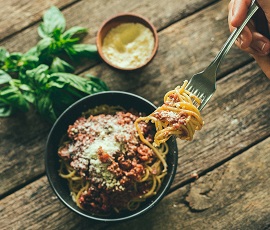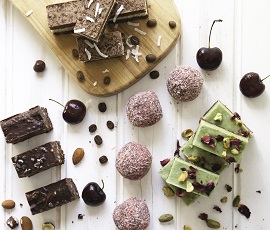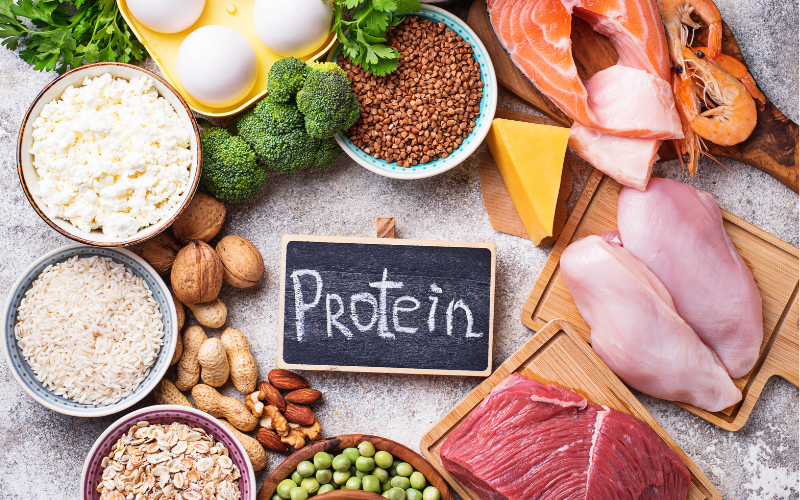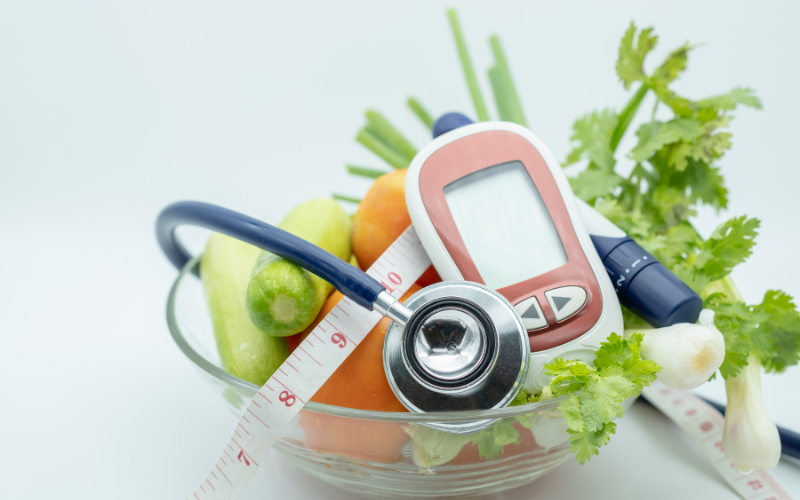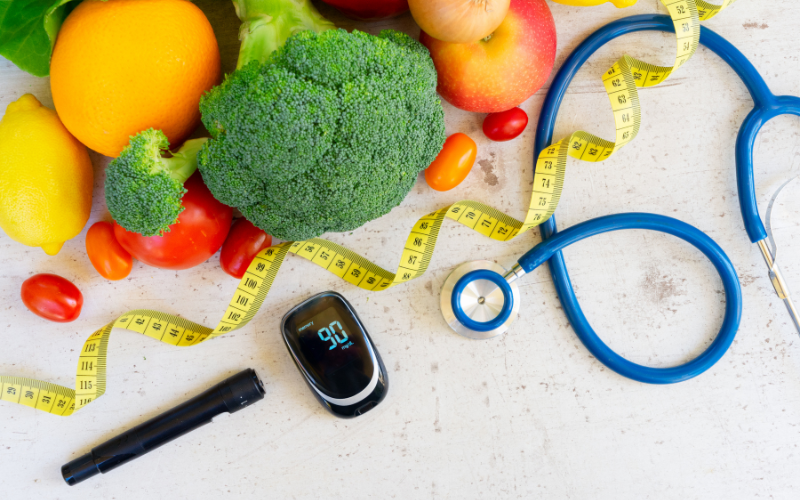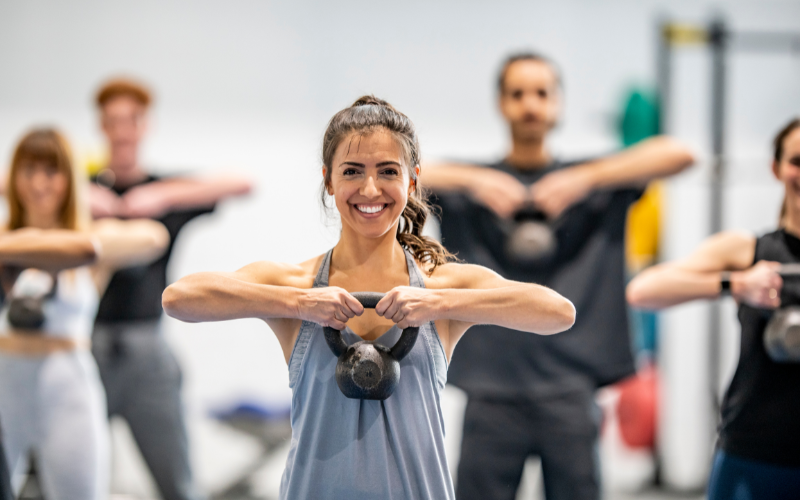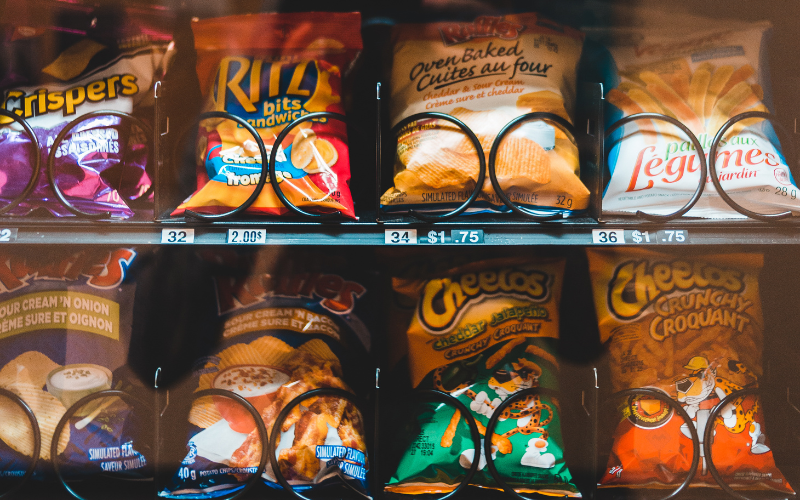Zoe Bingley-Pullin: How to beat the afternoon slump
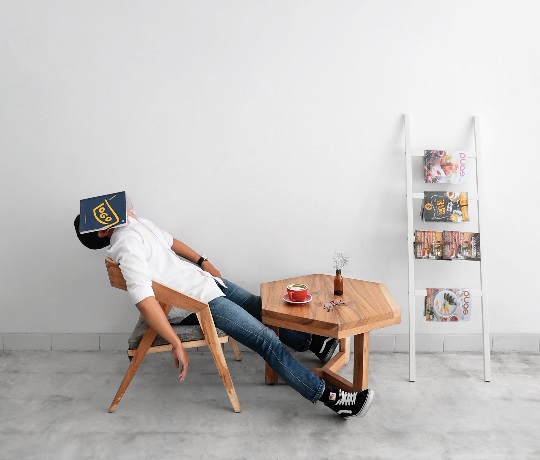
Tick, tock….are you getting sleepy, very sleepy? It’s an hour or so past your lunchtime and your eyes are becoming droopy, your attention is wandering and you just want to curl up under your desk for a quick kip. You may fight the urge to snooze and win, but still, your ability to concentrate has been undermined, affecting your productivity and performance.
Feeling a little sluggish in the afternoon is actually pretty normal. Luckily there are some things you can do to boost your afternoon energy levels and prevent (or at least minimise) the slump.
What causes the 3pm slump?
We can blame our body clock, or circadian rhythm, which governs our sleepiness and wakefulness over a 24 hour period. Our bodies are programmed to have a decline in alertness overnight when we should be sleeping, as well as a second smaller drop early to mid-afternoon, known as the “post-prandial dip”. Eating causes our digestive system to swing into action which in turn increases our body temperature and our attentiveness for a period of time. Afterwards we experience a downswing, which tends to correlate with the big hand on the clock sitting between 2pm and 4pm.
There are a number of other contributing factors that can intensify your tiredness. For example, burning the candle at both ends and poor sleep will increase your chances of afternoon exhaustion. So too will leading an inactive lifestyle, which can bring on a sense of all-day lethargy that’s hard to shake. Plus, certain types of foods (namely fat or sugar dense), large portion sizes or slipping in a wine with your midday meal are all sure-fire paths to afternoon drowsiness.
If you’re keen to know how to stay at your peak throughout the day, then read on for tips on how to prevent afternoon slump. And it all starts with eating the right food.
Fuel up on the right breakfast, lunch & dinner
The answer to sustained physical energy and mental alertness is to feed your body and brain the right fuel. And the right fuel is a balance of the three key macronutrients – carbohydrates, protein and fat - which ensures that blood sugar levels remain relatively even. Low blood sugar episodes have been linked to short-term cognitive impairment, impacting memory, attention and mood.
So, what’s the best way to get the optimal macronutrient balance? Wholefoods of course. I’m talking about unprocessed (or minimally processed) foods such as lean meats, fish, eggs, dairy, grains, vegetables, fruits, legumes, nuts and seeds. When we eat these foods, we provide our bodies with the right nutrients in the right doses and it helps us to feel good, remain energetic and stay focused and productive.
There’s a great saying, start as you mean to go on, and this perfectly applies to what you eat for breakfast. Studies show that people who eat a healthy breakfast tend to eat better throughout the rest of the day. Including a good amount of protein ensures you’ll feel fuller for longer, giving you a better chance of making it to lunch without snacking. Continuing your day with a balanced, healthy lunch will optimise your satisfaction and reduce afternoon cravings. And a nourishing, portion-controlled dinner not only promotes good sleep but sets you up properly to repeat the good habits the following day.
With our busy lives today, it’s certainly easier said than done and involves a positive mindset and some advanced planning. If you can’t get your act together to shop and cook, then having some healthy meals from Dietlicious in the freezer is the perfect fall-back option.
Healthy snack ideas to get you through until dinner
The mistake so many people make when they’re feeling flat is to head straight for a high carb, high calorie, sugary drink or snack such as a chocolate bar, chips or soft drink, in the misguided hope of a quick pick-me-up. I know it’s tempting, but unfortunately these discretionary treats are virtually nutrition-less, and their high glycaemic index will exacerbate energy spikes and crashes, making you feel worse in the long run.
If you’re a snack lover then there are plenty of wholesome snacks that will sensibly maintain your energy levels without causing a blood sugar high and subsequent low. The best snack is one that combines protein, fibre, good fats and some low GI carbohydrates. Good options are cheese and whole-grain crackers, raw vegetables with hummus, a handful of nuts, yoghurt and berries, or some of the delicious low calorie, high protein options from Dietlicious – some of my favourites are their Vanilla Fudge Ball, Jaffa Ball, Raw Choc Ball or Coconut + Cashew Ball.
Tips to avoid the dip – do’s and don’ts
- Don’t sit still – your body associates stillness with sleep. Your body temperature can also drop, which is another cue to sleepiness. Even a 3 minute burst of activity can lift you out of the slump, so head around the office, up the stairs or for a walk in your lunchbreak.
- Don’t go for sugar or fat-laden snacks – you’ll feel worse later!
- Don’t reach for the coffee or cola – caffeine is a stimulant and while offering you a short term lift, it can muck up your night time routine, especially if consumed after 2pm.
- Do eat well at breakfast and again at lunch – including protein will sustain you for longer.
- Do hydrate yourself – even mild dehydration can make you feel tired and grumpy.
- Do step out into the sun – it helps lift your mood and your core body temperature. Studies show that exposure to sunlight can help ward off afternoon tiredness.
- Do power nap for 10 minutes only – any more and you can wake up feeling worse plus mess with your night time sleep.
- Do try 5 minutes of meditation and breathing – this can be as good as a short nap.
- Do put on some uplifting music - to boost your mood. Tapping along will also give your body that movement it needs.
- Do prioritise getting a good night’s sleep – you’ll feel so much better the next day!



